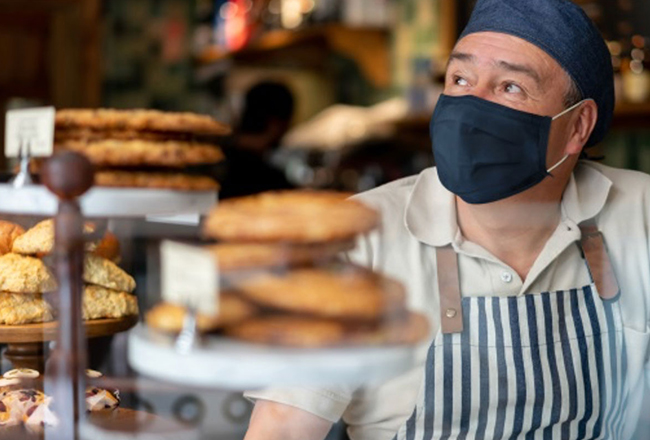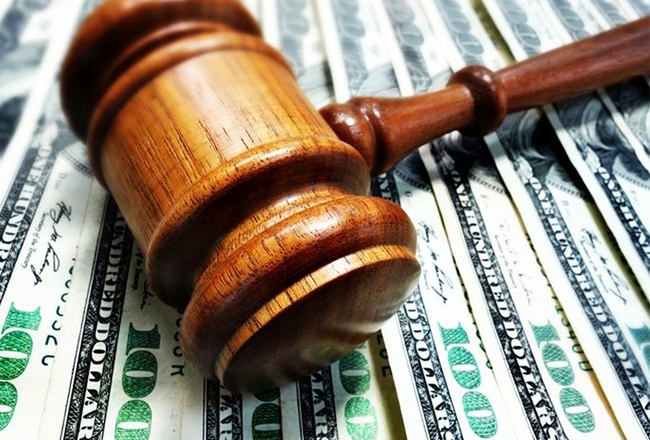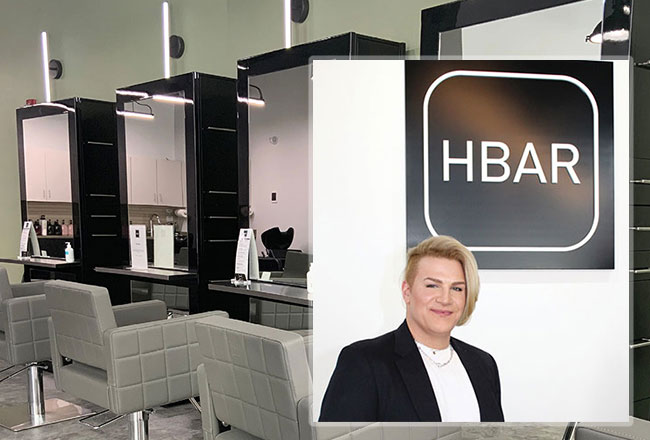The National Restaurant Association today delivered to New York Gov. Andrew M. Cuomo a full menu of things it believes need to be done to combat restaurant closings and help the industry make it through the Covid-19 pandemic so it can eventually recover.
The organization wrote to Cuomo in his role as chair of the National Governors Association while also writing the U.S. Conference of Mayors and the National Council of State Legislators.

“State and local lawmakers have the chance to make a real difference in their local industry”™s survival,” said Mike Whatley, the NRA’s vice president for state affairs and grassroots advocacy, in the letters to Cuomo and leaders of the other groups.
“Restaurants are the largest employer in many states and cities, and decisive action on recovery by local leaders will be a critical part of our future. As states and localities begin new legislative sessions, we encourage lawmakers to take action that will help restaurants survive the winter and the pandemic.”
The association specified 11 steps lawmakers can take, including: safeguard tax treatment to prevent any unforeseen tax liability for federal relief funds they’ve received; establish grants to save restaurants; provide property tax relief; make alcohol-to-go a permanent option for restaurants; enact pandemic liability protections so that restaurants that follow the guidance of regulators are not vulnerable to frivolous lawsuits from people claiming the establishment is responsible for their having contracted a Covid-19 infection.
The group told Cuomo and the others that 2.5 million restaurant workers remain unemployed, 110,000 restaurants have closed and the industry has lost more than $240 billion in sales.
“While other businesses are talking about recovery, the local diners and beloved family restaurants that make our communities unique just dropped into a double-dip recession. Restaurants are the largest employer in many states and cities, and decisive action on recovery by local leaders will be a critical part of our future,“ Whatley wrote.
He said workplace protection tax credits should be created to help provide personal protective equipment for employees, reconfigure space to aid social distancing such as drive-thru or carry-out windows, install new air filtration systems, create outdoor and on-street dining and offset increased cleaning and sanitizing costs.

The organization called for any sales taxes on meals, prepared food and catering to be suspended.
It noted that in response to the pandemic, 32 states plus the District of Columbia allow restaurants to sell cocktails-to-go.
“Alcohol to-go has been an important economic lifeline for restaurants with alcohol licenses during the pandemic,” Whatley told Cuomo. “As the pandemic has accelerated trends towards increased off-premises consumption of restaurant meals, cocktails to-go should be made permanent so that restaurants can continue to generate much needed revenue from alcohol sales.”
The group called for prioritizing testing and vaccination for food supply chain employees after health care, first responders and vulnerable populations to help the entire food and restaurant industry.
It said governments should provide support for restaurants feeding vulnerable populations. These would include incentives and payments when restaurants partner with government and nonprofits to prepare meals for seniors, children and other vulnerable populations.
The association proposed broadening access to restaurant meals for low-income Americans by creating state-run programs that increase food access-points during times of crisis and by expanding the population of people eligible for restaurant meal service via the Supplemental Nutrition Assistance Program.
The association also pointed out that rebuilding tourism and travel will be essential to the restaurant industry”™s recovery as will be expanding outdoor dining. It expressed a need for the streamlining of the permitting and local approval process so restaurants can utilize more outdoor space and have an easier time doing it.

















